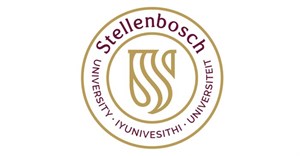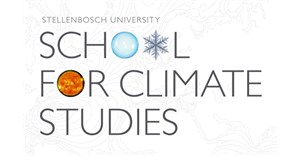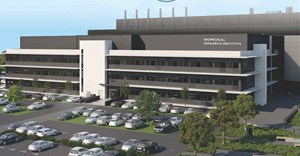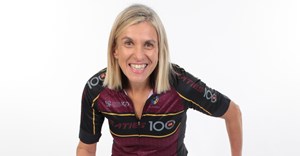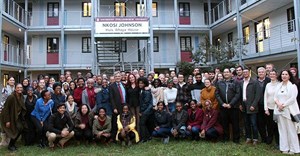
Subscribe & Follow
Jobs
- Senior Producing Lecturer Johannesburg
- Senior Lecturer - Editing (Fiction) Johannesburg
- Data and Grading Lecturer Johannesburg
- Lecturer: School of Law (Fixed Term: Part-time or Full-time) Pretoria
- Lecturer: Natural Science and Technology and Teaching Practice Pretoria
- Social Media Associate Cape Town
- Research Studies Lecturer Cape Town
- Administrative Assistant Cape Town
- Results Administrator Durban
Transformation at Stellenbosch: What the future holds
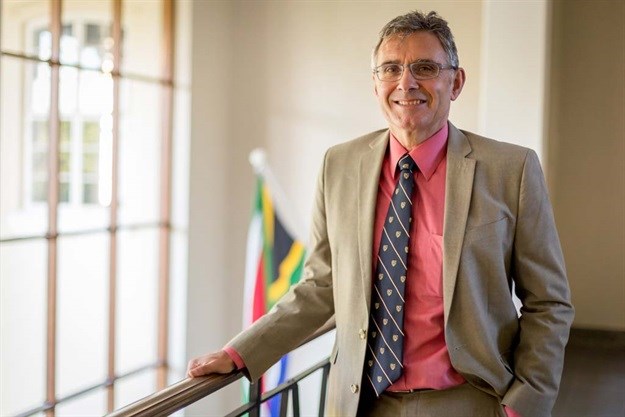
Professor Wim de Villiers, Rector and Vice Chancellor (VC) of Stellenbosch (SU) provided insights into what his institution is doing to answer this call at a breakfast hosted by the Cape Times on Monday, 5 October.
Are we there yet?
"The short answer is no - though I must add that we are doing well in many respects, and in those areas where we fall short of the mark, we are working hard to make the necessary improvements," says Prof de Villiers.
A country still in transition
Transformation at universities is a global phenomenon, but in South Africa, transformation has a very specific meaning related to its history and political context.
"Our country is still in transition from apartheid to democracy, and the born-frees have arrived on campuses - old enough to think for themselves and see the problems around them, and young and energetic enough to want to do something about it," he explains.
Not a numbers game
Prof. de Villiers doesn't see transformation as a numbers game, nor should it be a paint-by-numbers kit. He says it should be applied in a systemic way, rather than being reductionist.
As part of this process, various formal courses are being developed to sensitise students and staff to transformation. One of which is a compulsory credit-bearing first-year module.
"A kind of Maties 101 - which I want to expand to 201, 301 and 401 - is currently being developed. And we are also working on compulsory courses for members of faculty and other staff," he says.
Other programmes include a Social Impact, Transformation and Personnel portfolio overseen by Deputy Vice Chancellor, Prof. Nico Koopman, and a Transformation Office, which will coordinate transformation processes across the institution.
"We would like to base transformation on fundamental knowledge, so we are establishing at least two research chairs - one in Transformation and Reconciliation; and one in Transformation and Social Justice," says Prof. de Villiers.
Addressing the issues
"Stellenbosch University has been made out by some to be a 'racist institution' trying to 'maintain white privilege'. I want to unequivocally state that this is not the case. However, as much as it saddens me to say this, despite our good intentions, some of our students and staff members have had negative experiences," he says.
He explains that the university has held its first round of formal talks with Open Stellenbosch, a campus forum which describes itself as a collective of students and staff working to purge the oppressive remnants of apartheid in pursuit of a truly African university. There were three points on the agenda: the Luister (Listen) video; the language issue; and Council.
Luister video
On the video that went viral on social media highlighting discrimination experienced by students and staff, Prof de Villiers says: "I am not going to defend the indefensible: discrimination, marginalisation, sexism ... these things are wrong. We have taken action against racism, but what is being raised by Open Stellenbosch and others goes way beyond individual acts. It speaks to our institutional culture, whether all staff and students feel that they in fact belong at Stellenbosch, that it is everybody's place."
Language
In November last year, English was placed on an equal footing with Afrikaans as a medium of instruction at undergraduate level. All postgraduate studies at Stellenbosch have already been conducted in English for several years.
"This was done so that neither Afrikaans nor English functions as a barrier to access; and so that both languages are used as instruments for success," he says.
Council
There have been calls for the SU Council to be dissolved because it is seen as unrepresentative of the population and opposed to transformation.
However, says Prof. de Villiers, this isn't so easy as the body is regulated by a Statute, which is approved by the Minister.
He did point out that Council passed an overwhelming motion supporting transformation last week, and has also decided itself to increase the number of members appointed by the Minister from three to five.
Black academia
Prof. de Villiers also touched on the issue of the lack of black academics in senior positions.
"We have allocated R70m from the VC's strategic personnel fund to achieve greater diversity in this regard. This is a big challenge, and we are not the only university in this position. We are helping to alleviate the problem in the long run with our large output of master's and doctoral graduates from the designated groups," he says.
Last year, Stellenbosch produced 95 doctoral graduates and 490 master's graduates from the designated Black, Coloured and Indian groups.
"Stellenbosch University's journey of transformation is incomplete and imperfect, but we remain steadfast in our determination to go forward. We are committed and resolute. That is the only way of creating a community of 'social justice and equal opportunities for all' - as our mission states," Prof. de Villiers concludes.










